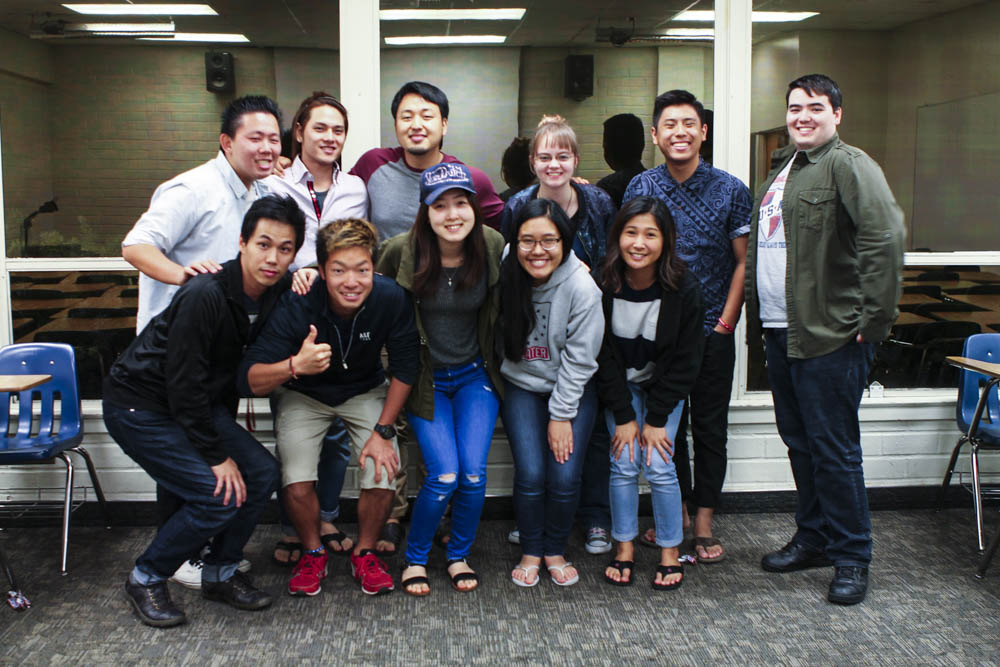While tales of mission trips and international experiences are common at Biola, there is often limited discussion about developed countries like Japan. Despite Japan’s perceived success, its people are also in great need — and Biola students try to approach this need in alternative ways.
Culturally Discouraged
Fewer than 2 percent of Japanese people are professing Christians, despite a large population of nearly 127 million, according to the CIA World Factbook. In addition, their society is heavily steeped in shame and depression, as Japan has one of the highest suicide rates in the world. Because Japanese people are culturally discouraged from speaking out or seeking help for personal problems, there is a great need for hope in their society.
Hope Rising, Biola’s Japanese club, partnered with missionaries Mark and Jennifer Bello to help spread awareness. The Bello family moved to Japan four years ago to start a nonprofit called Suicide is a Lie. They aim to shift popular belief about depression and decrease the nation’s cultural acceptance of suicide.
Unique Ministry
The Bello family explained that Japanese ministry is unique, as traditional missionary work is not an option. Due to their economic prosperity, Japanese people do not have a need for physical assistance from outside countries, causing them to reject many missionaries. Rather than simply providing a religion to follow, Christians need to embody the essential love and hope of Christ in order to make a difference in Japan.
“They themselves will be like a living, breathing ministry on their own, just because of the love of God in them,” Jennifer said. “That’s the kind of movement you need.”
Missinary Athletes International
To share the love of Christ through their passions, Biola’s women’s soccer team will visit Japan this summer as a part of the Missionary Athletes International program. On their trip, they will share their testimonies, participate in clinics and play games against other high school and college teams.
“We’re really excited to be playing soccer, to use our gifts to relate to people and be able to get to know them in that way,” said Samantha Verduzco, sophomore psychology major. “Whatever we’re good at, whatever we love, can be used to glorify God.”
However, one concern among students is that there are few programs at Biola that address Japanese ministry or culture. Some desired options include language classes or cultural awareness events along with more mission opportunities in Japan.
“Biola has almost no resources for people who are interested in Japan, who have a heart for Japan,” said Elissia Kim, senior intercultural studies major and interim president of Hope Rising. “So it’s hard for us to get connected.”
Local Awareness and Outreach
Hope Rising tries to approach Japanese ministry through local awareness and outreach. While educating Biola’s community about Japanese culture, they also provide opportunities to interact with Japanese exchange students in the United States. Through small steps, they seek to encourage larger changes in the approach to aiding the Japanese.
“I think the next big step for Biola is for there to be more of a presence here, more of a push for ministry and missions in Japan, because it’s just a very unknown mission field,” Kim said. “It would be helpful to increase knowledge of Japan’s ministry needs in general… and how important it is to get people to know.”







